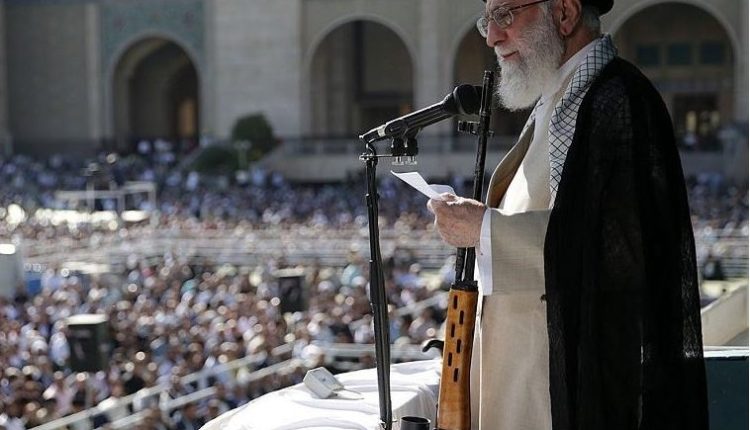12 Days That Decided the Battle: Iran Breaks the Back of the American–Zionist Project and Imposes New Rules
Unprecedented Military Defeats for the Zionist Enemy
Since its inception, the Zionist entity has cultivated an image of “the army that never loses” and “a state that ruthlessly repels any threat.” The recent confrontation utterly dismantled that myth. Precision rocket strikes penetrated deep into its territory, targeting key military and strategic sites and causing a partial paralysis of its defense infrastructure. The much-lauded Iron Dome failed to intercept a significant proportion of these rockets, resulting in acute military and security embarrassment before both domestic and international audiences.
For the first time in decades, the Zionist army found itself purely on the defensive, incapable of taking the initiative or containing the threat—dealing a devastating blow to its military and political elite, who now face unprecedented confusion and loss of morale.

The Collapse of the American–Zionist Project to Strike Iran’s Nuclear Program
For years, Iran’s nuclear program has been the primary obsession of the Zionist enemy and its American ally. Both had wagered that the latest escalation would present the perfect opportunity to inflict a decisive blow. Instead, every military and intelligence attempt to approach or damage the nuclear facilities failed entirely. No strikes were carried out, intelligence proved insufficient, and political will never translated into action. Consequently, Iran’s nuclear program emerged from this ordeal stronger and more legitimized, becoming both a rallying point for domestic unity and a symbol of defiance against Western dictates.
Iranian Missile and Intelligence Superiority Thwarts Zionist Calculations
During the confrontation, the enemy sought to neutralize Iran’s core strengths—its missile arsenal and internal security. The Iranian response upended those calculations. Militarily, not only were attempts to degrade Iran’s missile forces unsuccessful, but Iran seized the opportunity to showcase new capabilities. The Islamic Republic’s Aerospace Force conducted live tests of advanced missile systems, demonstrating exceptional precision and the ability to penetrate adversary air defenses.
This superiority extended into security and intelligence: Tehran revealed the dismantling of hundreds of espionage networks linked to Mossad and Western agencies. These networks had aimed to destabilize Iran internally and carry out sabotage, but proactive monitoring and the efficiency of security services turned the tables, inflicting a resounding intelligence defeat on the enemy.

A Shattered Zionist Entity… and an Iran That Grows Stronger
By the end of the escalation, the Zionist entity lay in its worst condition since its founding—riven by internal discord, popular unrest against its government, eroded trust in its military elite, and an acute regional crisis over its belligerent policies. Conversely, Iran emerged more cohesive both domestically and internationally. At home, popular support for the leadership and the resistance project intensified, manifesting in surprising social and political discipline. Abroad, Tehran deepened ties with its allies, proving it is a regional power capable of withstanding pressure and responding decisively when provoked.
Rising Popular Consciousness… and the Enemy’s Moral and Political Collapse
One of the most profound outcomes of this confrontation cannot be measured in weapons or drones but in collective awareness. The experience exposed the true face of the Zionist enemy to those still swayed by Western narratives and reshaped notions of enmity and alliance across Muslim and Arab societies. The Iranian public—long targeted by Western propaganda—emerged from these days with a clearer understanding of the conflict’s realities and a rejection of deceptive slogans. It reaffirmed that the struggle against the Zionist enemy and America is not an optional policy stance but a national and existential imperative.
Iran Redefines Deterrence… and the Enemy Departs Defeated
This short but intense confrontation was more than a fleeting exchange of fire; it was a strategic baptism that solidified Iran’s status as an indispensable pillar of regional security. Tehran demonstrated its ability to deter, adapt its tools under fire, expose covert adversaries within its borders, and exit one of its toughest tests more stable than ever. The Zionist entity, by contrast, suffered comprehensive defeat—militarily, in intelligence, politically, and morally.
The age of unilateral dominance has ended; the era of balance through strength has begun. These twelve days will stand as proof that the Islamic Republic was not broken but humbled those who once thought themselves invincible.

